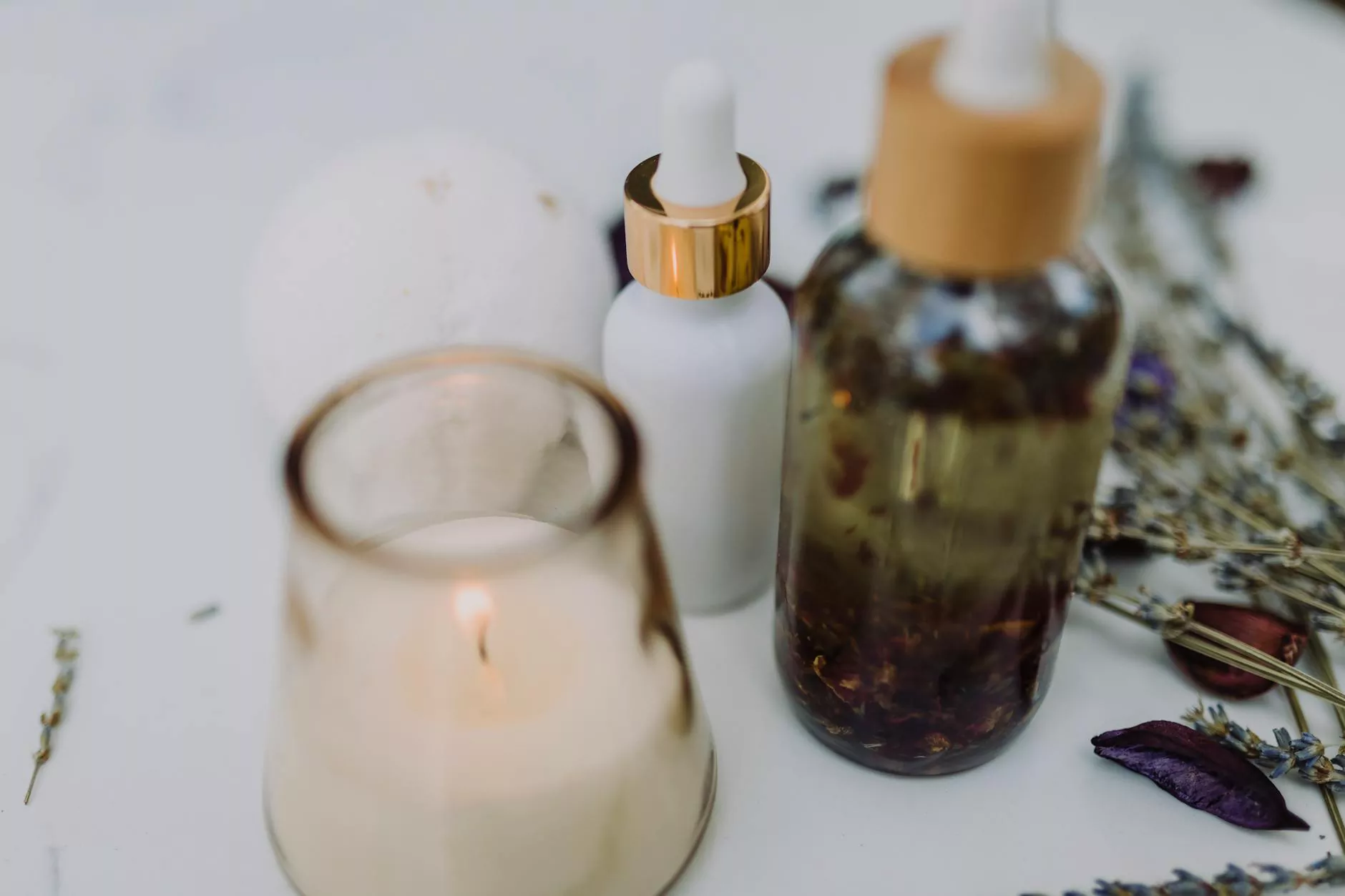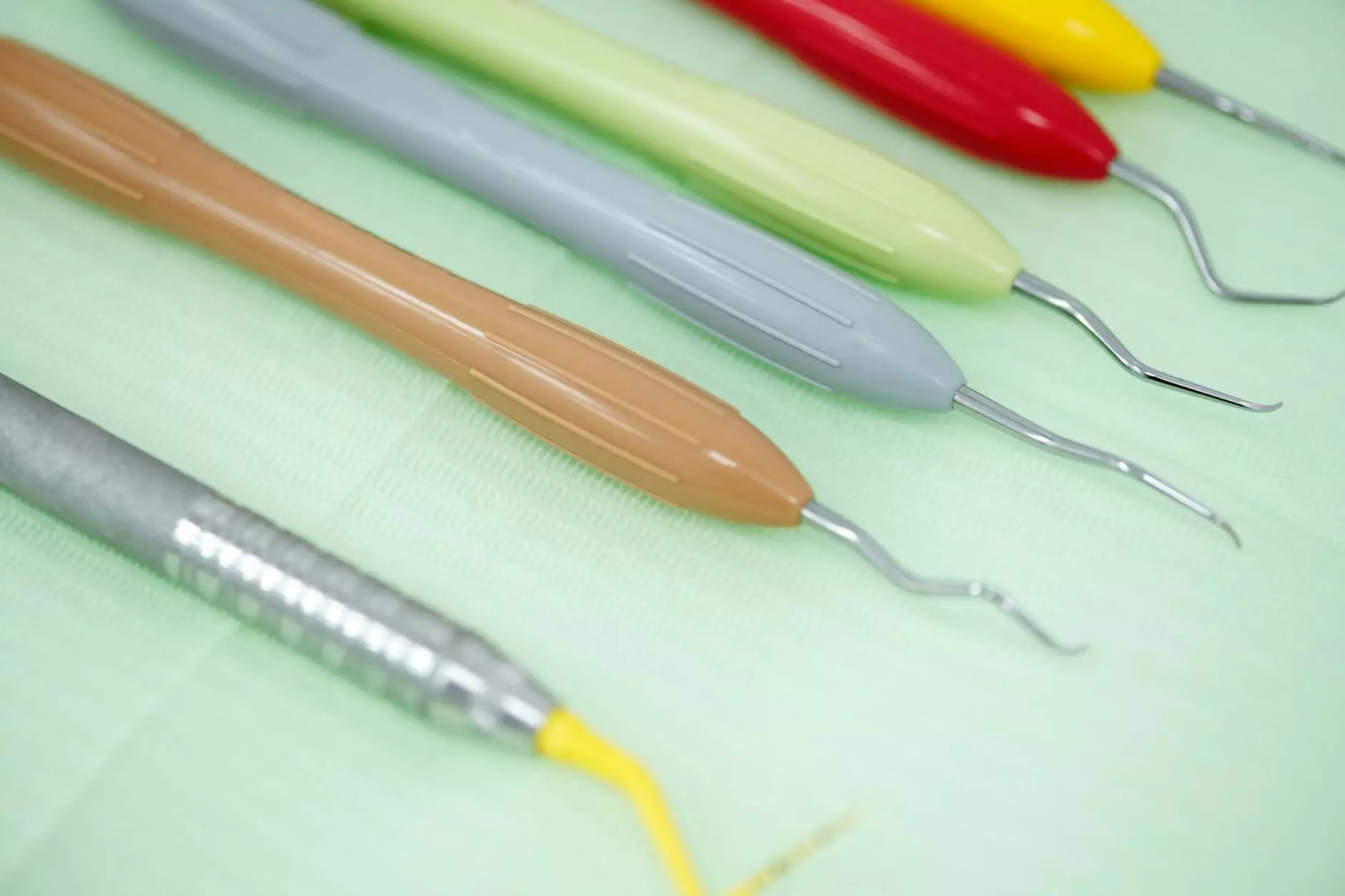Understanding Excessive Palm Sweating

Excessive palm sweating, also known as palmar hyperhidrosis, is a condition characterized by overactive sweat glands in the palms. This can lead to significant discomfort and embarrassment, particularly in social and professional situations. Individuals with this condition often experience sweaty palms even in cool environments or during low-stress activities. The impact of excessive sweating extends beyond physical symptoms, affecting psychological well-being and daily functioning.
What Causes Excessive Palm Sweating?
The exact cause of palmar hyperhidrosis remains largely unknown. However, it is believed to be related to overactivity of the sympathetic nervous system, which controls sweating. Some potential causes and factors include:
- Genetics: Family history plays a significant role, suggesting a hereditary component to the condition.
- Emotional Triggers: Stress, anxiety, and emotional stimuli can trigger excessive sweating episodes in those with this condition.
- Hormonal Changes: Fluctuations in hormones, particularly during adolescence or menopause, may exacerbate symptoms.
The Emotional and Social Impact of Excessive Sweating
Living with excessive palm sweating can be challenging. Those affected often report feelings of embarrassment, low self-esteem, and anxiety in social settings. Routine tasks that require a good grip, such as handshakes, writing, or handling documents, become sources of stress. This psychological burden can lead to avoidance behaviors, affecting personal relationships and professional opportunities.
Effective Treatments for Excessive Palm Sweating
Fortunately, there are several treatment options available for managing excessive palm sweating. These treatments range from conservative methods to more advanced medical procedures. Here, we will explore various approaches:
1. Antiperspirants
One of the first lines of defense against excessive sweating is the use of topical antiperspirants that contain aluminum chloride. These products are typically stronger than regular over-the-counter options and are designed specifically for hyperhidrosis. When applied to the palms, they work by blocking sweat glands and reducing perspiration.
2. Medications
Oral medications, such as anticholinergics, can help decrease overall sweating. These drugs work by blocking the neurotransmitters responsible for activating sweat glands. While effective, they may come with side effects, including dry mouth and blurred vision, so it’s essential to discuss these options with a healthcare provider.
3. Iontophoresis
Iontophoresis is a non-invasive treatment that uses electrical currents to temporarily shut down sweat glands. In this procedure, the hands are placed in a water basin through which a mild electrical current is passed. Patients may need multiple sessions for optimal results, but many find significant improvement.
4. Botox Injections
Botox® (botulinum toxin) injections can provide relief for excessive palm sweating by blocking the nerves that trigger sweat production. The effects can last several months, and while the treatment may be costly, many patients consider it worthwhile for the relief it provides. It is essential to seek this treatment from a qualified physician to ensure the best results and safety.
5. Microwave Therapy
Microwave treatment is a newer option that destroys sweat glands using microwave energy. This procedure is typically performed in a physician's office and offers a more permanent solution compared to other treatments. Patients can expect a reduction in sweating for an extended period after treatment, making it a compelling option for many.
6. Surgery
For severe cases of palmar hyperhidrosis that do not respond to other treatments, surgical options may be considered. Endoscopic thoracic sympathectomy (ETS) is a surgical procedure that involves cutting the sympathetic nerves that lead to sweating in the palm. While many patients experience significant improvement, surgery carries risks and potential side effects such as compensatory sweating in other areas of the body. Therefore, it should be considered a last resort after exploring all other options.
Choosing the Right Treatment
Deciding on the best treatment for excessive palm sweating is a personalized journey that should involve a thorough discussion with a medical professional. Factors to consider include:
- The severity of your symptoms.
- Your medical history and any underlying conditions.
- Potential side effects of each treatment option.
- Your personal preferences regarding non-invasive versus invasive procedures.
Taking Action: Seeking Help at Neumark Surgery
If you or someone you know is suffering from excessive palm sweating, it’s vital to seek professional help. At Neumark Surgery, our team is dedicated to providing comprehensive care tailored to your individual needs. We understand the profound impact of palmar hyperhidrosis on your quality of life and are here to offer effective treatment options that can restore your confidence and enhance your daily experiences.
Our Approach
At Neumark Surgery, we believe in a holistic approach to managing excessive palm sweating. This includes:
- Comprehensive assessments to understand your condition.
- Patient-centered treatment plans that consider your preferences and lifestyle.
- Continuous support throughout your treatment journey.
- Access to the latest technologies and treatment methodologies.
Conclusion
Excessive palm sweating can significantly impact daily life, but it is a condition that is manageable with the right treatments. From topical antiperspirants to advanced surgical options, there is a pathway to relief. Do not let this condition hinder your personal and professional growth. Taking the first step towards treatment can lead to a more fulfilling and confident life.
Contact Us
To learn more about excessive palm sweating treatments or to schedule a consultation, please visit NeumarkSurgery.com. Take charge of your health and start your journey towards a sweat-free life today!









